
The 49th anniversary of Roe v. Wade just passed on January 22. It was a turning point for this country, not to mention one of the most controversial Supreme Court cases of all time. In 1973, the Court ruled that the Constitution of the United States protected a pregnant woman’s liberty to choose an abortion with limited government regulation. The impact it had on women’s rights was unmatched. It created the pro-choice and pro-life factions in the nation. In recent times, however, the validity of Roe v. Wade has come into question, with many states attempting to ignore the precedent and place restrictions on abortion rights.
This landmark decision forever altered women’s rights. In 1965, illegal abortions made up about 17 percent of all deaths in the U.S, according to Planned Parenthood. In the past, some women who were unable to get an abortion because of government restrictions would attempt to abort their children themselves. These “procedures” would have horrifying results without medical assistance, including the pregnant woman’s death. In the past and present, women consider factors such as financial circumstances, health, societal expectations and (most of all) personal choice before welcoming a child into the world.
There are disparities in abortion rates on the basis of factors including race, poverty and ethnicity. Furthermore, unplanned pregnancies and pregnancies born of incest and rape can cause mothers distress and, consequentially, be highly detrimental to their mental health. Roe v. Wade provided pregnant women with the option to choose themselves when the government previously did not allow them to.
With the possible repeal of Roe v. Wade, women would lose their bodily autonomy, and there would be a severe regression in the women’s rights movement. The stripping of women’s reproductive rights may not warrant the fear of reverting to the past, but it would overturn a decision made in favor of women’s rights almost 50 years ago. If that isn’t a regression, what is? If women lost hard-fought rights, it wouldn’t be out of the question that women may lose other rights as well. Other than the loss of legal rights, their voices may be diminished due to their rights being stripped away. Many lawmakers that are advocating on anti-abortion laws are men, including Senator Bryan Hughes who authored the Texas ban. Men are authorizing laws on women’s bodies on the behalf of women, which is undermining the autonomy of women in politics.
In September, the Texas Heartbeat Act was passed, and it enforced the strict regulation that abortions were banned past six weeks of pregnancy. Not only does it rid women of their liberty, but it also suppresses their constitutional right to privacy. Anyone caught aiding an abortion would be sued. Since then, Arizona has become the sixth state to consider an abortion law similar to Texas. Some states, such as Mississippi, are asking the Supreme Court to consider reversing Roe v. Wade to support anti-abortion laws. The future of Roe v. Wade is uncertain as more states are adopting anti-abortion positions. Over the last five decades, Roe v. Wade has been reduced to the debate of pro-life vs. pro-choice. Supporting Roe v. Wade is more than that particular broad generalization. It is about supporting women and their decisions. There is only one thing to say here: her body, her choice.





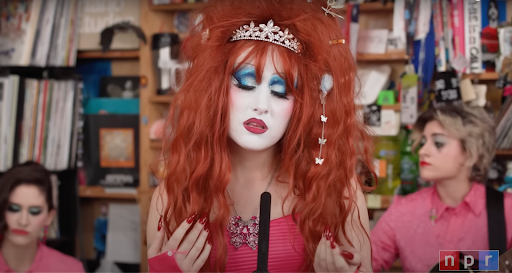
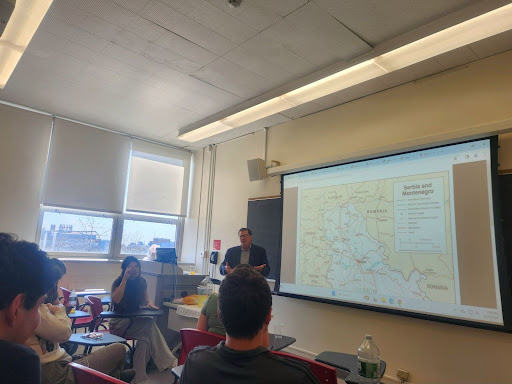

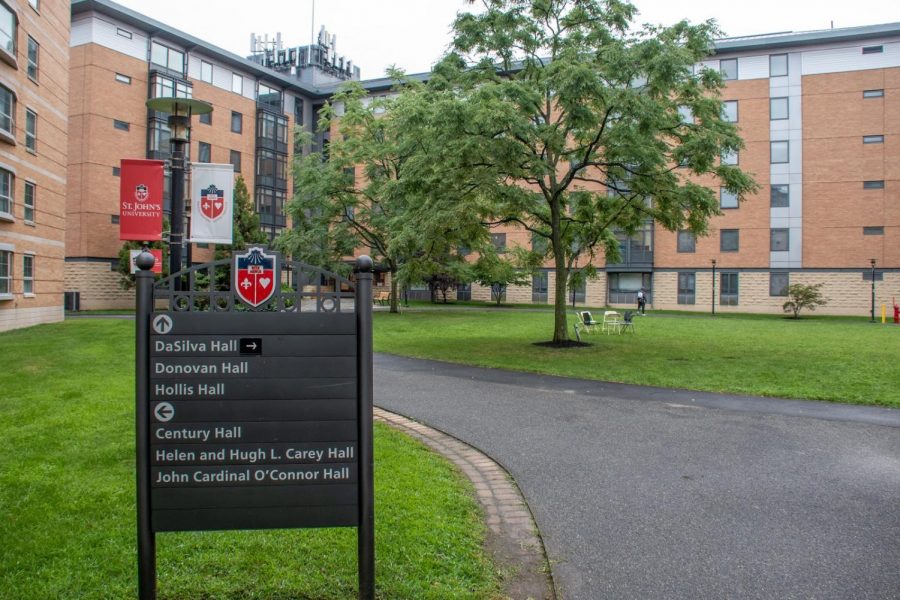
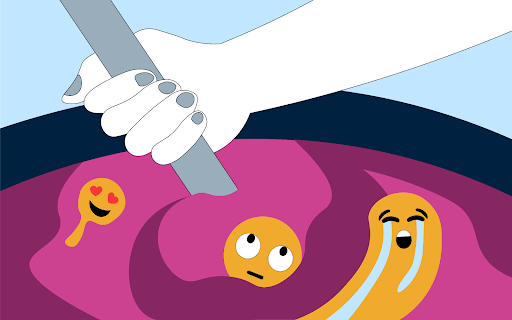


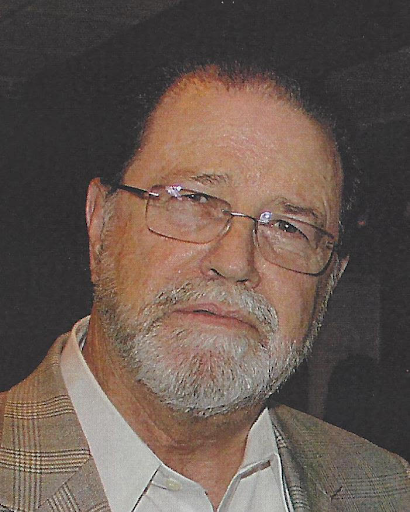

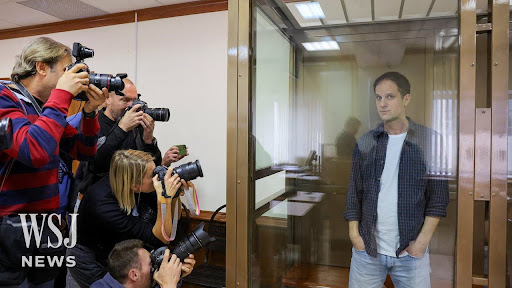



Marie I. George, PhD • Feb 10, 2022 at 8:43 pm
The problem with the “my body, my choice” argument is that there is a second body involved in abortion, namely, that of the unborn human. An unborn human is not a body part of the mother. People will point to the fact that it is dependent on the mother and attached to her, but that doesn’t prove that the unborn human is a part of its mother, as the same can be said of a tapeworm. A tapeworm is dependent on and attached inside its host but is not part of the host.
At conception, which takes place in the fallopian tubes, a new human individual begins to exist. This new human develops by producing new cells for itself through cell division (as well as cells that will develop into the placenta, which serves the developing human). At a certain point the embryo—a human being other than the mother–enters the uterus and implantation occurs. The embryo does not turn into a body part of the mother at that point. It continues its own development, taking nutrients from the mother.
Abortion destroys the body of a living, developing human being. So, the choice a woman makes in having an abortion affects someone else’s body, not just her body. If a woman having an abortion gives birth to a live child, the abortion has failed. A successful abortion is one that results in a dead human body, one that belonged to a helpless and innocent human being.